Also by Vivian Cook
Accomodating Brocolli in the Cemetary
Originally published as Its All in A Word by Profile Books Ltd, London, 2009
Copyright Vivian Cook, 2009, 2010
Melville House Publishing
145 Plymouth Street
Brooklyn, New York 11201
mhpbooks.com
eISBN: 978-1-935554-80-6
First Melville House Printing: November 2010
Library of Congress Control Number: 2010935610
v3.1
Contents
Introduction
Knowing words
What do we know when we know a word? Clearly we know that the word dog means  or a four-footed domestic mammal that barks. But any speaker of English knows far more about dog than this. Among the things we know about any word are:
or a four-footed domestic mammal that barks. But any speaker of English knows far more about dog than this. Among the things we know about any word are:
- how to say it or write it We know that dog has three sounds, d, o, and g. If we can read and write, we know also that it has three letters, d, o, and g. A word has its own spoken and written forms, in English connected by complicated spelling rules. Each of us has a mental dictionary telling us how to say or spell each individual word.
- how to fit it into sentences We know its part of speech. Dog is a noun, meaning that we can use it in the singular for one dog and in the plural for many dogs; combine it with articles and adjectives, as in the big dog; and use it as the subject of sentences, such as the dog barked. Dog is also a verb meaning follow like a dog, as in the detective dogged his footsteps, so we can use it in the present tense, he dogs, or the past tense, he dogged; or add an -ing ending, as in Watson was dogging his footsteps. All of this information applies to many other English words, as well as dog.
But we also know specifically that the noun dog is countable rather than uncountable, meaning that we can say a dog and two dogs, though we cant say an air or two airs (except in a specialized sense), because air is an uncountable noun. So, our mental dictionary includes information about what kind of noun dog is. We also know that the verb to dog is likely to have a subject that is animate rather than inanimate: The police officer dogged him, not The bus dogged him. While the terms seem technical, theyre only labels for the knowledge we all have in our mind, which forms the basis for every sentence we say or write. - how it combines with other words We know the typical combinations of words in which dog occurs: go to the dogs, meaning either visit a dogtrack or deteriorate; raining cats and dogs; lead a dogs life; let sleeping dogs lie, and dozens more. And we know how dog forms compound words to get a distinct meaning: dog biscuit, dog-leg, dog tag, and so on. Knowing a word means knowing its relationships with other words, not just its meaning in isolation: no word is an island.
- what it means We know what the word dog means. At one level this is a matter of the general meanings that dog shares with many other words; a dog is concrete rather than abstract like truth, animate rather than inanimate like stone, animal rather than human like girl.
At another level we know the unique meaning of dog, a four-footed domestic mammal that barks and have a mental image of a dog  whatever distinguishes dog from cat or from any other animal. But theres more than one meaning to dog. It can refer to a person (dirty dog), things that fail, (That record was a real dog), a constellation in the sky (the dog star), an instrument with jaws (iron dog), and many more.
whatever distinguishes dog from cat or from any other animal. But theres more than one meaning to dog. It can refer to a person (dirty dog), things that fail, (That record was a real dog), a constellation in the sky (the dog star), an instrument with jaws (iron dog), and many more.
Our minds contain all this information about the word dog. Multiply it by the 60,000 or so words we know and you get some idea of the mammoth store of information about words that we carry around in our mental dictionaries. We dont have just a list of separate words in our minds, each attached to a single meaning. Instead each word radiates into many areas through networks, links, associations, and rules. And this does not take account of the words history, usually known only to specialists.
All of this information is available to us in a split second when we are speaking or listening. Is florp an English word? What about tedium? Your reactions were effectively instantaneous; you knew that tedium was a word and florp wasnt by searching in a fraction of a second through all the words in your mind. Finding the same information in a hardback dictionary would take minutes. Google took 0.03 seconds to find 5,070 examples of florp, mostly a username or a nickname, and 0.16 seconds to find a million examples of tedium. The same is true of spelling. We speak at up to 200 or so words a minute, 0.3 of a second each. Fran Capo has been timed speaking at 603 words per minute, 0.1 of a second each; needless to say, she is a stand-up comedian. Each word is a package of information that has to be retrieved, sorted out, organized into sentences, and pronounced in 0.3 seconds. The only time we are at all aware of this is when it goes wrong.
What this book is about
This book, then, is all about the different aspects of words, ranging from their forms to their meanings, from their roles in organizing our societies to their roles in helping us to think. It consists of a variety of pieces, some short, some long, some serious, some frivolous, some based on scientific research, some on opinion. As each piece is separate from the others, they can either be dipped into or read consecutively. Similar topics, say childrens words or the history of words, are clustered together, though discussions of word forms are spread throughout the book. An Index of themes is given on to help the reader follow different paths through the book. The book covers familiar topics, such as the history and forms of words, but it also includes less familiar topics, such as how children learn and store words, differences between languages, how words vary from place to place and person to person, and how words shape our mental world. It provides a number of tests to show how many words you know, where you come from, how you learn new words, and so on.
Throughout, the book draws on the ideas of those who have been actively involved in studying and researching words philosophers, linguists, developmental psychologists and the like, as seen in the list of sources. As with any scientific subject, the study of words tries to explain the facts; the behaviour of words is no more a matter of opinion than the behaviour of electrons. Needless to say, many aspects of words are still little studied, many are controversial, while some of the most important await better techniques for analyzing the brain.
Of course we are all experts about words in the sense that we use them all the time and have strong opinions about them; doubtless my own axes to grind will come across fairly often. The fact that we consist of atoms and have human bodies does not, however, make us physicists or doctors; speaking a human language doesnt qualify us as authorities on language, but it does qualify us to speak about our own experience of it.



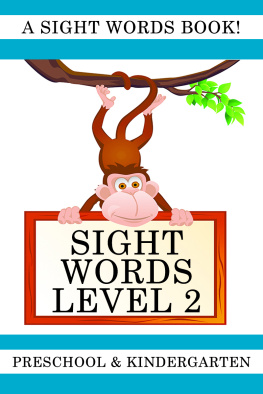
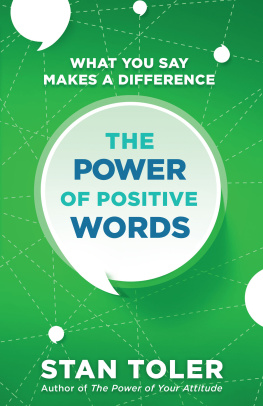
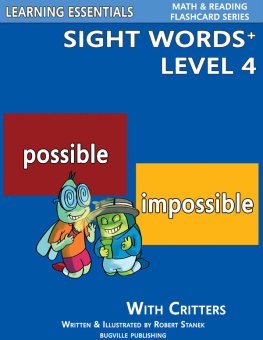

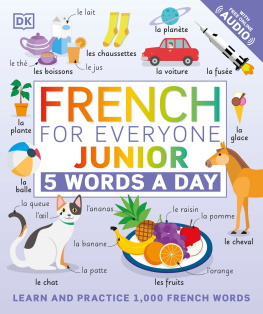

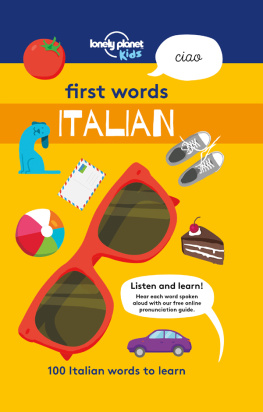
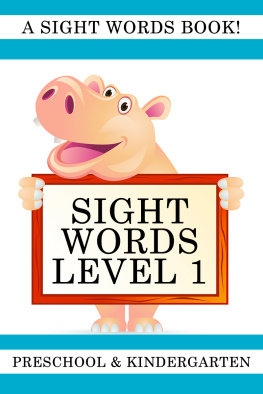
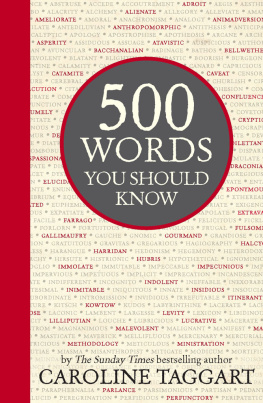
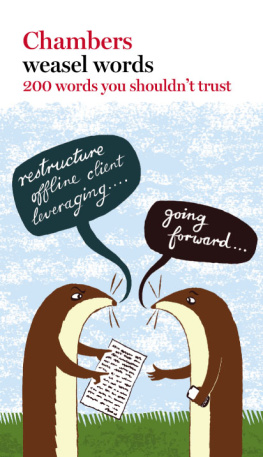

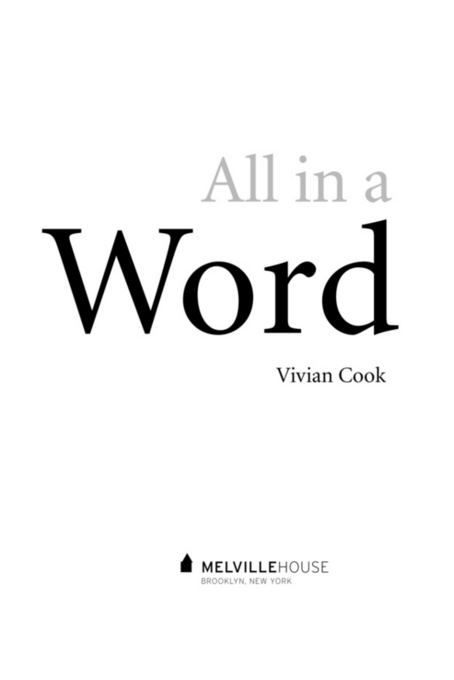
 or a four-footed domestic mammal that barks. But any speaker of English knows far more about dog than this. Among the things we know about any word are:
or a four-footed domestic mammal that barks. But any speaker of English knows far more about dog than this. Among the things we know about any word are: